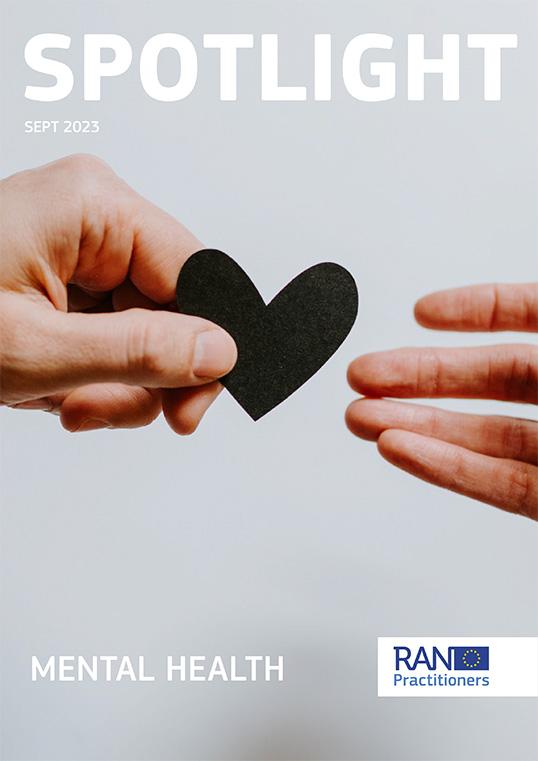
There has been much discussion in recent years about the relationship between the presence of mental health issues and disorders, including trauma and psychosis, and radicalisation. There is now an increasing understanding about the nexus between mental health and violent extremism, and the importance of mental health as a contributing or driving factor in radicalisation and recruitment.
There has been much discussion in recent years about the relationship between the presence of mental health issues and disorders, including trauma and psychosis, and radicalisation. There is now an increasing understanding about the nexus between mental health and violent extremism, and the importance of mental health as a contributing or driving factor in radicalisation and recruitment.
There is therefore a growing appreciation towards the important role that the health sector – including mental health professionals – plays in the prevention of violent extremism. The key challenge for this sector is to interpret signs of radicalisation in individuals, in different settings, and help those who might be at risk of being radicalised. The RAN Mental Health Working Group focuses on raising awareness within the health sector and helping establish an effective network of health practitioners across EU Member States.
This edition of the RAN Practitioners Spotlight magazine therefore takes a look at the nature of the mental health challenges, including personality disorders and childhood experiences, gender, training for practitioners and ethical considerations. The publication features a number of original articles by experts on the topic, papers produced by RAN Practitioners, and case studies of programmes being delivered.
As always, we want to hear from you. If you would like to contribute to future editions of Spotlight, or if you have ideas for a topic, article, interview or feature, please get in touch with the ran radaradvies [dot] nl (RAN Practitioners communications team).
radaradvies [dot] nl (RAN Practitioners communications team).
